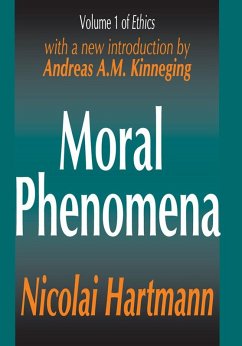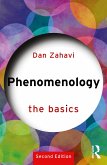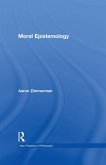In 1926, Hartmann published a massive treatise, Ethik, which was translated into English by Stanton Coit and published as Ethics in 1932. Ethics is probably the most outstanding treatise on moral philosophy in the twentieth century. The central concept of the book is "value." Drawing upon the pre-modern view of ethics, Hartmann maintains that values are objectively given, part and parcel of the order of being. We cannot invent values, we can merely discover them.
The first part of Ethics is concerned with the structure of ethical phenomena and criticizes utilitarianism, Kantianism, and relativism as misleading approaches. After some introductory thoughts concerning the competence of practical philosophy, Hartmann discusses the essence of moral values, including their absoluteness and ideal being, and the essence of the "ought." Hartmann is both controversial and compelling. He provides a moral philosophy that rejects the subjectivism of the ruling approaches, without taking recourse to older theological notions on the foundation of the ethical. In sum: Hartmann's Ethics constitutes an impressive and preeminent contribution to moral philosophy.
Dieser Download kann aus rechtlichen Gründen nur mit Rechnungsadresse in A, B, BG, CY, CZ, D, DK, EW, E, FIN, F, GR, HR, H, IRL, I, LT, L, LR, M, NL, PL, P, R, S, SLO, SK ausgeliefert werden.









